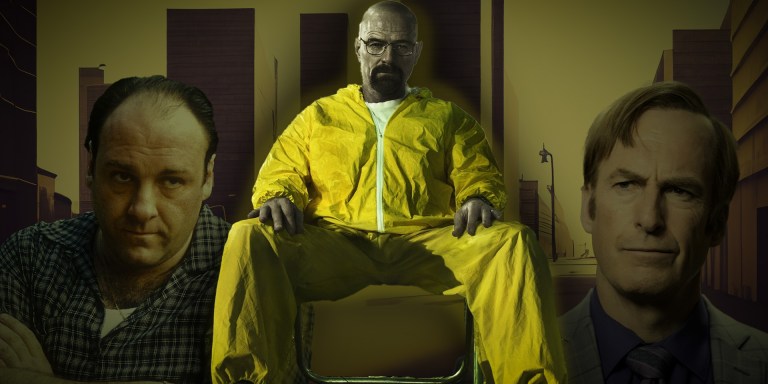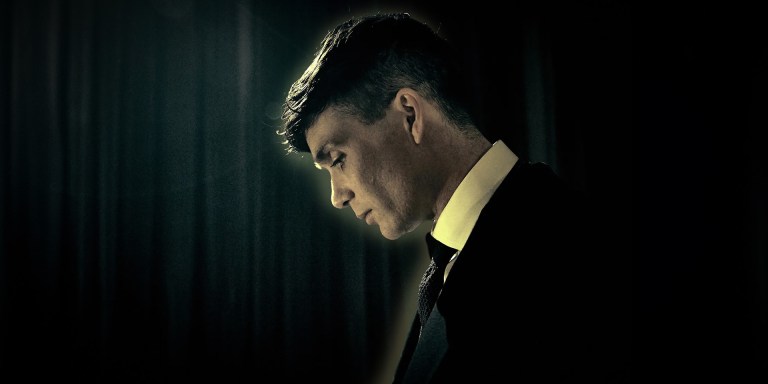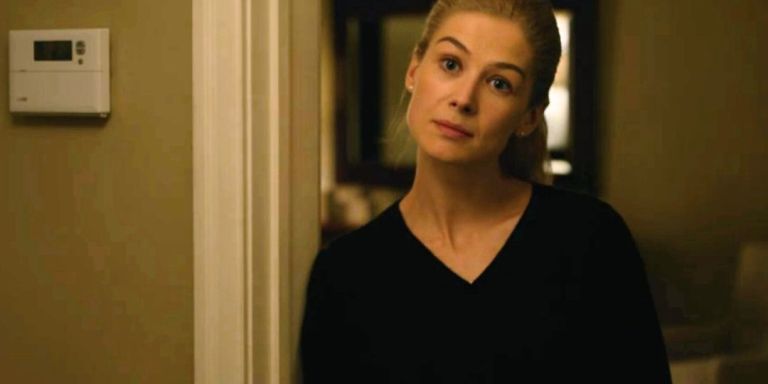When I first saw the music video for “Hurt,” the Johnny Cash version, I was stunned by how powerful it was, and I wondered how it felt for Trent Reznor. He had to watch it and listen to someone perform his song with more soul and ache than he could muster as a late twenty-something habitually depressive substance abuser. That’s not a judgment call, that’s what he was when he originally wrote and recorded the song. He’d tell you the same thing. He was a drug-fueled, dark-minded, twenty-nine year old when his band, Nine Inch Nails, released their third album, “The Downward Spiral” that featured “Hurt” as the closing song. “Hurt” was an instant heroin chic ‘90s classic. But now, it’s a Johnny Cash song. Look it up on Google or Youtube and the first results are all for the Johnny Cash version. And it’s not at all what anyone would call a country song.
The opening lines are:
I hurt myself today… / to see if I still feel… / I focus on the pain… / the only thing that’s real… / the needle tears a hole… / the old familiar sting… / try to kill it all away…
Some listeners hear a suicide note. Others declare it a rather general ode to the self-destructive glamour of heroin. I’d say, unless Trent sews like a blind seamstress, it’s a heroin song. Or it was. Before Johnny Cash stole it.
That’s the funny thing about music, or any art form for that matter, once it’s created and released it has a life of its own. It can be remixed, re-used, recycled, re-appropriated. Art isn’t limited to one lifetime the same as its creator. Art can reincarnate time and time again, always staying relevant and part of its new moment. The song “Hurt” isn’t just notable because it’s a perfect example of how a piece of art might have many lives, it’s also a curious example of how much life (or soul) different artists might invest in a piece of art. Many fans argue the song’s second life was a far more meaningful and deeply personal expression than the original recording made by its creator.
When Johnny Cash sang covers for his American recordings he created with guru producer Rick Rubin, he put all of his remaining life into those songs. Really, how could Trent Reznor even compete when it came to that level of pain and feeling? Johnny Cash made each song hang with the ache of decades. Which is why, even Trent Reznor had to acknowledge Johnny Cash took (possibly) his best song and made it one of a Johnny Cash song. Trent’s quoted as saying:
I pop the video in, and wow… Tears welling, silence, goose-bumps… Wow. [I felt like] I just lost my girlfriend, because that song isn’t mine anymore… It really made me think about how powerful music is as a medium and art form. I wrote some words and music in my bedroom as a way of staying sane, about a bleak and desperate place I was in, totally isolated and alone. [Somehow] that winds up reinterpreted by a music legend from a radically different era/genre and still retains sincerity and meaning — different, but every bit as pure.
There you are. You’re in your twenties. You’re alone. You’re in a bleak place. And you consider how terrible it all feels. So you sit down and express it. You record it and your feelings resonate with a large audience of people who identify with exactly how you felt. That’s a powerful piece of music.
Here, take a listen to the original song by NIN (or at least the first verse if it isn’t your thing):
[youtube=http://www.youtube.com/watch?v=Q5Evd7u-9FU&w=584&h=390]
Bleak, right? Listening to the song you feel it. Trent has some serious problems. They’re very real, they’re overwhelming him and persistent.
Then the Man In Black, doing a defiant victory lap of creativity at the end of his life, comes along and sings these same lyrics and every single syllable is suddenly scarred and wrinkled with much deeper meaning than the original NIN version.
Here. Watch the Johnny Cash version for yourself. Keep in mind, while you watch this video, Johnny doesn’t know his wife June Carter Cash will die three short months later after the video first aired. Johnny Cash followed her to the other side four months later. Inside the year, they were both gone.
[youtube=http://www.youtube.com/watch?v=SmVAWKfJ4Go&w=584&h=390]
Both songs feature the exact same lyrics (except for the line about a “crown of shit” being replaced with a “crown of thorns” since Johnny was really into Jesus). Both versions are slow, doleful meditations on what it means to suffer from life’s peculiar sense of dark humor. It’s a song that started its life as an expression of post-adolescent suffering and then it spanned across the arc of a lifetime, and grew far richer in meaning when it became the expression of someone not looking around with disgust, but someone looking back on a life with the pain of regret mixed with the joy of remembrance.
We can’t overlook the extreme advantage Johnny Cash had. The visuals of his music video created so much subtext, there’s much deeper sentiment conveyed in all the symbolism and the iconic imagery, as well, the video functions like a greatest hit of tiny clips from Johnny Cash’s life in front of the cameras. Even with that acknowledgment of his video advantage, if your play the songs back-to-back not as music videos, his version is still far more powerful
Let’s return a moment to Trent Reznor. We shouldn’t feel bad for him because his song was stolen from him. Lots of remakes are better than the original. Okay, not lots. But it happens. The thing to notice about this dark prince of the ‘90s, the true salvation for him was that he got through his shit, he kept making art and when on to win an Oscar for Best Original Score for his work in The Social Network. Might give you some perspective if you’re in a dark place. Things can and usually get better. Life surprises you. Even the darkest most suicidal moments eventually pass. Hell, Johnny Cash is proof of that. He was suicidal before it was cool.
The problems of our youth feel impossibly stout; you can’t find a job, you’re behind on your loans, you’re woefully single, you live with people you can’t stand, you want to relocate and change cities, you want to have kids, you want to run off and travel but you can’t rub two dollars together, those all suck to experience as moments of your life (and yes, many twenty-somethings have far more severe problems than those just listed). However, as much as your present may not be what you wanted or imagined, most of the times the problems of youth don’t quite compare to the time when you have to bury your wife. Or you cope with losing a child to suicide.
The serious problems of a twenty-something drug addict experiencing real pain for the first time is real and important, it’s artistically moving, but it doesn’t compare to the pain of a former twenty-something drug addict who’s made good, lived a full life, and now casts a glance back over their shoulder at how far they’ve come, not knowing they’re just weeks away from burying the love of their life.
What Trent Reznor’s ego perhaps made impossible for him to say, but what he hinted at when he described how it felt to find out he’d been singing a cover of a Johnny Cash song all along, there is the self-evident and undeniable observation the Johnny Cash version is just clearly more emotionally resonant. And why should he have to point that out? He knows we all know. And that’s why, for me, Trent Reznor’s awareness of his lesser suffering offers a sweet dollop of wisdom made from his pain.
When life gets rough (when you hurt yourself to see if you still feel), hum the tune of “Hurt” to yourself, think of the difference between Trent Reznor’s post-adolescent emotional depth and Johnny Cash’s late life emotional depth. Life rolls on. Every day you gain experience is another day you gain strength. And it’s the exact strength you’ll need to deal with pain you’ll find in your future. Sorry if that’s bummer. It’s actually a really good thing. You’re gonna be tested again and again and again, and each time you’ll grow a little stronger, a little wiser and a little deeper. If you forget that for a moment when you’re suffering, just hum the tune to “Hurt” and it’ll remind you of life’s tragicbittersweetbeauty. ![]()





